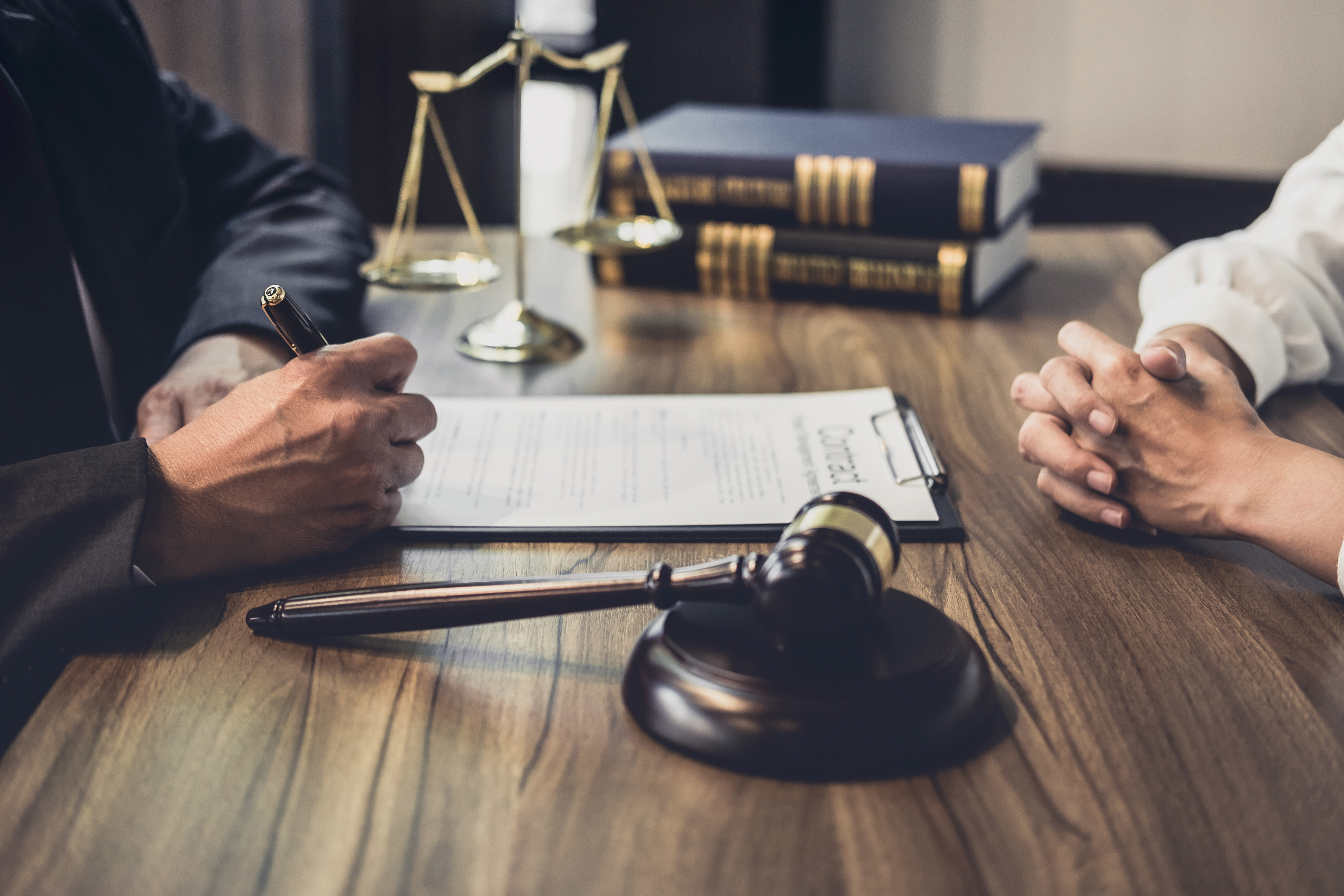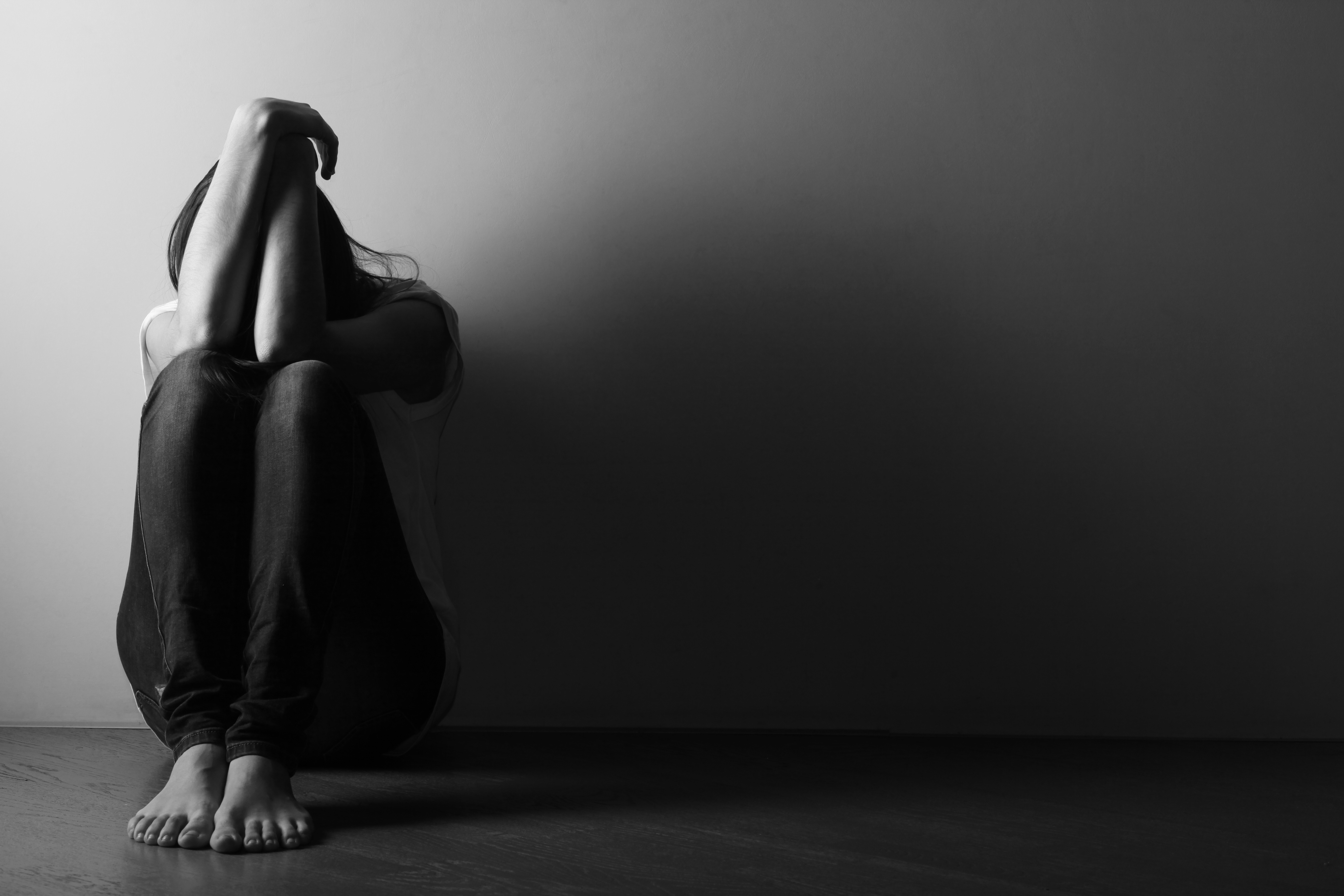Filming Person Engaged in Private Act – s 91K Crimes Act 1900
It is an offence to film another person undressed, using a toilet, showering, bathing, engaged in a sexual act that’s not usually done in public, in circumstances that person would ordinarily expect privacy, for your own sexual gratification or arousal, or to enable another person to obtain the same gratification or arousal in the following circumstances:
- where the person does not consent to being filmed for that purpose, and
- You knowing that the person does not consent for that purpose
Our highly experienced team of specialist Defence lawyers will guide you on your options with the best in court representation by a highly respected senior lawyer with proven success over many years with these charges.
Your Options in Court
Criminal Defence Lawyers Australia guarantee you a senior specialist defence lawyer with a proven track record of success who will provide you with all your realistic options with an emphasis on getting charges dropped early.
Defences to this charge
The Court will find you NOT GUILTY if:
- The filming was not done, either for your own, or to enable someone else to have sexual gratification or arousal, or
- You did not even do the filming, or
- The person was filmed in circumstances he or she would not ordinarily expect privacy
- The person filmed consented to being filmed for the sexual arousal or gratification of you or others, or
- You did not know that the person filmed did not consent to being filmed for the sexual gratification or arousal of you or others.
- In the case of a charge of “aggravated circumstances”, the person filmed was 16 years or older and you did not construct or adapt the fabric of a building to facilitate the filming
Getting your charges dropped early
Our specialist defence lawyers focus on first getting the charges dropped at an early stage of your case saving you stress and money. They have achieved this for countless of their clients over the years by carefully reading the police evidence, pointing out every single hole in their case and strategically approaching police with this knowledge maximising your chances at achieving this.
Each case is different, therefore each approach will be different and catered to your particular case.
Speak to our specialist defence lawyers before committing to pleading guilty. If you have realistic defences, a specialist lawyer will guide you down the right path. However, if you are pleading guilty, our specialist defence team will guide you along the best path to maximising your chances at getting the best outcome in court.
25% discount on punishment
The earlier you enter the plea of guilty, the greater the discount you can be entitled to. This generally means a more lenient and better outcome from the Judge. This is why, it is crucial to speak to an expert criminal lawyer to give you the right, realistic and reliable quick advice, because timing does matter. The discount can extend up to 25 % off.
Good character references
A good character reference is a letter from people in the community who know you better than the Judge. It should be from a small number of people closest to you such as your family, colleagues, friends etc.
A well drafted character reference can be powerful in expressing who you really are and the good things you have contributed into the community that the Judge would otherwise be unaware of.
Our defence team will guide you in preparing exceptional character references for handing up to the Judge. This will assist you in getting a more lenient punishment from the Judge.
Negotiate to drop charges
The police and DPP can be convinced and agree to drop charges. This can often be achieved by working on and focusing on this at an early stage of your case. Our team of specialist defence lawyers have achieved this by carefully analysing the police evidence, picking out the problems in it, and then developing a tactful strategic approach to the case and police at an early stage of the case.
On other occasions, this can result in the charges being downgraded to a more lenient one resulting in a better outcome.
Negotiate facts
Our specialist criminal defence lawyers have a proven track record of getting charges dropped and successfully convincing the prosecution to change the facts to make it more favourable to their clients’ cases. Sometimes it takes going the extra mile and working that little bit harder to get the police version of facts changed to something more favourable to you.
The police facts sheet is what the Judge will read before giving you a punishment. Our defence lawyers have mastered the art of maximising your chances of getting the facts changed to something more favourable to their clients. The result is a better outcome.
Psychologist reports
A well drafted psychologist or psychiatrist report from a highly experienced psychologist or psychiatrist can make a tremendous difference in your case. It is important to ensure that such a report is obtained from someone who is well respected and highly experienced in these kind of reports.
The result can significantly increase your chances of getting a better result for the following reasons:
- It is one of the best ways of giving the Judge an explanation of why you did what you did without having to give the evidence under oath in the court room yourself.
- If the report comes back with a diagnosis of you suffering a particular mental illness, the Judge is generally entitled to take this into account in giving you a more lenient punishment.
- The report usually and should come with a treatment plan to demonstrate to the Judge that you are on top of addressing any issues you have that have contributed to you committing the offence.
- The report is a great way of expressing remorse and insight into what you did.
Our specialist criminal lawyers have a select few of the very best and respected psychiatrists and psychologists in Australia that they obtained these reports from. They will guide you with the best report writer for your particular case and situation.
Maximum penalty
The law says that the maximum punishment a Magistrate can order against you is a fine of $11,000 and, or, a term of imprisonment of 2 years. Courts generally don’t impose the maximum punishment. It is generally rarely given, and only to the worst kind of offenders with very long criminal records of similar or same offences in the past.
The maximum punishment of the aggravated version of this offence is imprisonment of up to 5 years but this is rarely given for the same reasons as noted earlier.
Types of Penalties
The Magistrate will look many of the above factors, plus more, in determining which punishment to give you. There are many options of punishment as follows:
- Section 10 Dismissal
- Conditional Release Order
- Fine
- Community Correction Order
- Intensive Correction Order
- Full Time Imprisonment
Our experienced specialist criminal lawyers have a proven track record of obtaining exceptional results for hundreds of their clients for this charge in the past and current. Their team of senior defence lawyers will work around the clock and fight that extra mile to guaranteeing at increasing your chances at the best outcome possible.
 (02) 8606 2218
(02) 8606 2218








